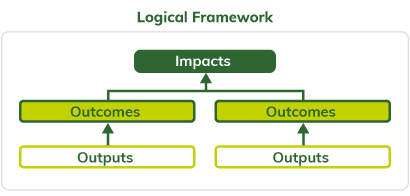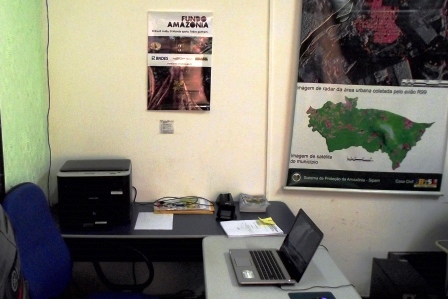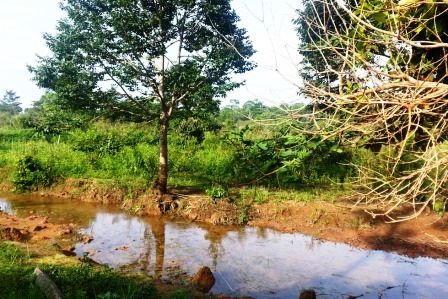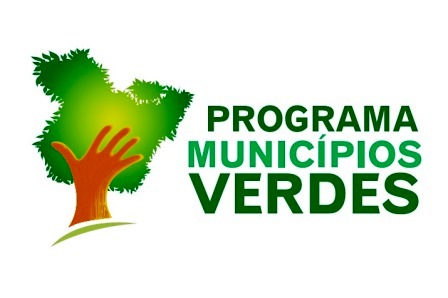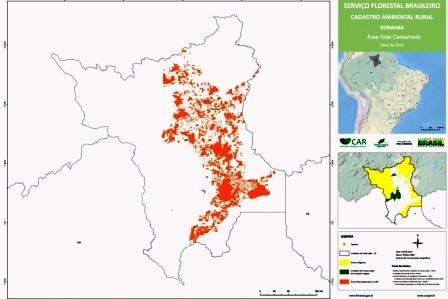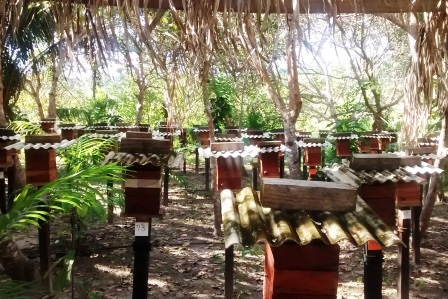ACTIVITIES CONDUCTED
Meetings were held to plan and level out actions, management procedures, and accountability of the project, as well as 11 diagnoses to analyze the organizational maturity, the business potential, and the socio-environmental contribution of the organizations with the highest commercial profile. Besides 12 economic feasibility studies in eight community enterprises, 25 actions aimed at strengthening associativism, including meetings and workshops, and the Initial and Continued Training course (FIC/IFMT), which prepared 31 leaders.
The project has been supporting sixteen organizations with legal, administrative and accounting advice. It published the primer "Family Farming: Laws, obligations, and taxes" which clarifies the main issues about the issuance of invoices by community associations, ICMS, state and MEI registration of farmers, and rural retirement.
In the scope of agro-ecological production, it is worth highlighting the constitution of the Mato Grosso Amazon Organic Production Network (REPOAMA), which will work on the Participative Guarantee System/SPGs for the organic certification of production with the Ministry of Agriculture (Mapa).
Different actions have been developed to strengthen sustainable production in the milk, coffee, cocoa, babassu, and fruit and vegetable chains, aiming at raising awareness and sensitization for agro-ecological production. Compared to 2018, annual revenue from in natura products increased sixty two percent and fifty six percent with benefited products and services, as a result of increased market, reduced production costs and trading for better prices. Throughout the project, two hundred and twenty six rural properties were benefited, with direct investment aiming at the adoption of organic and sustainable production techniques, with greater efficiency in the use of the areas and two hundred and nine with technical assistance. 594 individuals were directly benefited, 211 of them women.
Aviaries were deployed and 10 tons of poultry manure were purchased for the Association of Organic Producers of Alta Floresta (ASPOAF), and 40 tons for the Community Association of Rural Producers of the Arapongas and Londrina Road (APRAL). A semi artesian well was also drilled at the Associação Guadalupe Agroecológica, focused on the irrigation of vegetable producers, and 28 greenhouse units were distributed and are in the process of being installed These units total 3,198 m² of area under protected cultivation.
The restoration of 24.75 hectares of Degraded Permanent Preservation Areas (APPDs) was carried out for economic purposes and 184 hectares are underway for environmental conservation and/or environmental regularization purposes - regeneration. Twenty-one forest species were planted per sowing, and some areas presented the richness of more than 15 spontaneous native species.
To ensure a quality processing in these chains, the project worked mainly on the regularization of the enterprises, supported the elaboration of nutritional tables and labels for the processed products, bar codes for products, redesign of two brands, and creation of visual identity for ten organizations. It also offered support to improve the quality, revenue, packaging, and standardization of the processed products.
It is also worth mentioning the implementation of specific actions per chain regarding commercialization, with emphasis on sales management, such as prospecting for clients and opening new markets, establishing agreements that allowed the production to be staggered, reducing transport costs and supporting price negotiation. Local retail markets were mapped through "Business for the Land", a partnership with Conexsus that sought to gather information on the purchasing needs of these markets in order to develop bridges with farmers. Interviews were conducted in markets in the municipalities of Alta Floresta, Paranaíta and Nova Bandeirantes.
The participation in the Alta Floresta Handicraft Fair, promoted by Alta Floresta's Secretariat of Industry, Commerce and Tourism, and in the VI Sabores da Floresta Gastronomic Festival, organized by the Alta Floresta Gastronomy Entrepreneurs Association, allowed the exhibition and sale of products from all chains.
The project also made possible the modeling and piloting of a new commercialization arrangement called "Local Route" whose proposal is to strengthen the presence of local family farming products in regional markets through coordination between suppliers and end customers. The support of the arrangement is done in the prospection of markets and negotiations, logistics, issuing of invoices, and centralization of payments. The horticultural chain was the purpose of specific actions.
In order to influence public policies, the State Secretariat of Family Agriculture and Land Issues (SEAF) promoted a meeting with managers and technicians from the municipalities where the project operates, in addition to the inclusion of three partner associations in the Municipal Environmental Council (Condema) of Alta Floresta. The municipal environment and rural development councils of five municipalities were also analyzed, and the Alta Floresta Development and Environment Council was reformulated with the approval of a new municipal law and its reactivation. In a strategic way, the project has been participating in the meetings of the State Council for Sustainable Rural Development and has fostered the creation of the commission to deal with fiscal issues of Mato Grosso's family agriculture, with the purpose of articulating and consolidating a proposal to facilitate fiscal regularization, including updating and creating simplified fiscal mechanisms and reducing or exempting the tax burden on Mato Grosso's familiar agriculture (Resolution No. 05/2019/CEDRS).
In the research agenda, a meeting was held in partnership with the Ouro Verde Institute (IOV) in which researchers from the Research Program on Resilience of Family Farming in the North and Northwest of Mato Grosso were present; a visit to the University of Florida (UF) aiming at new ICV partnerships with UF professors. It is also worth mentioning the research with the Universidade Federal de São Carlos (UFSCar) to analyze the products derived from babassu, with the objective of obtaining a technical recommendation in the elaboration of feed for dietary supplementation for beef cattle and dairy cows.


